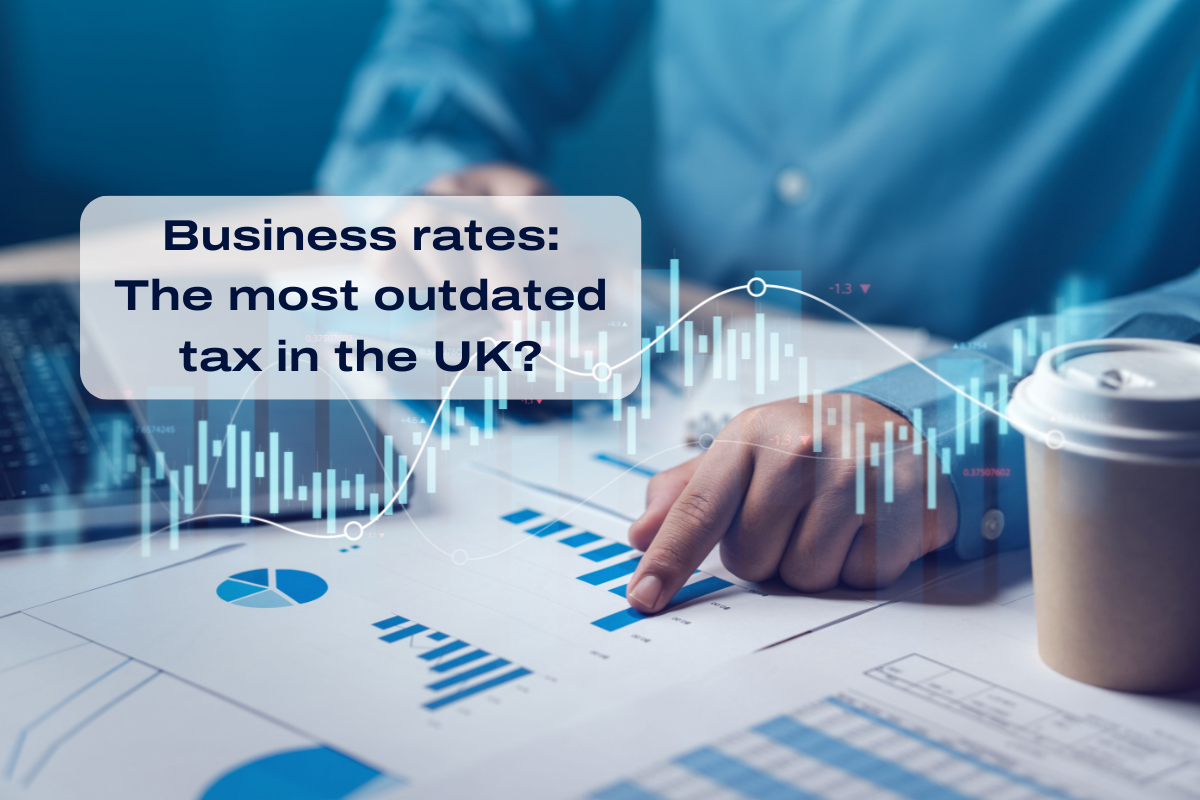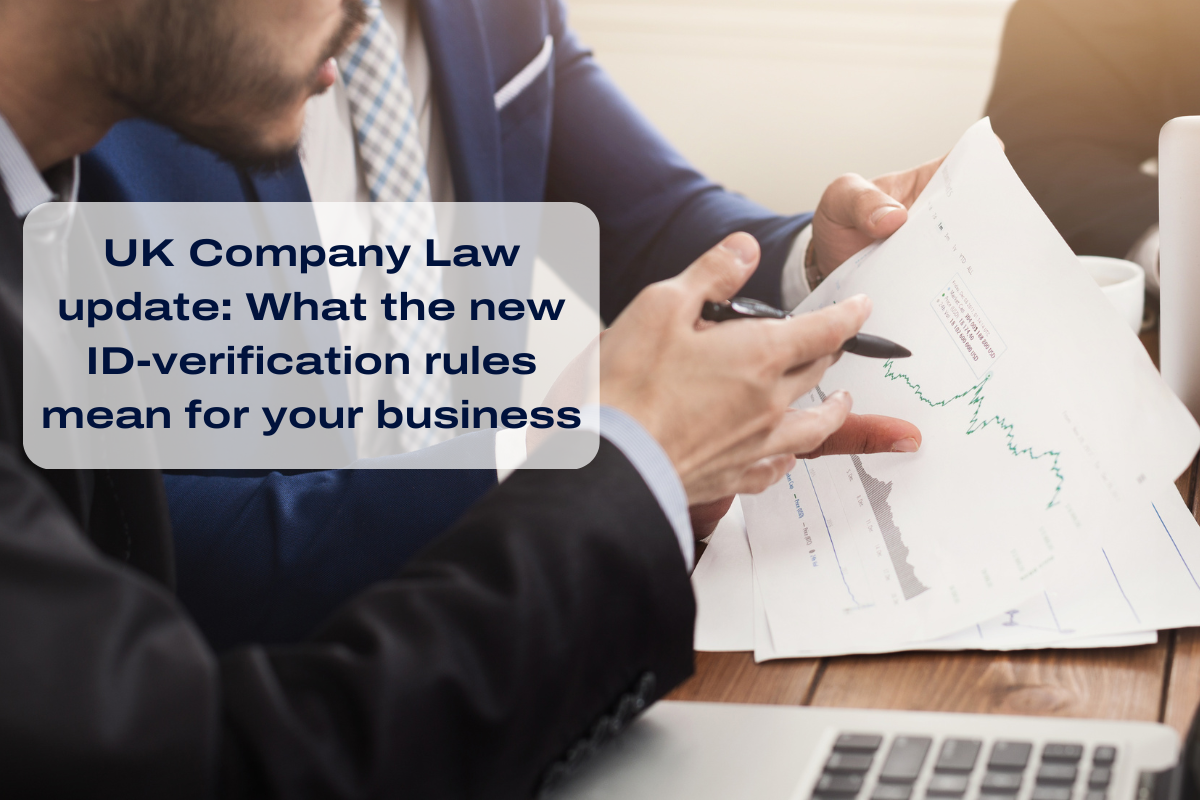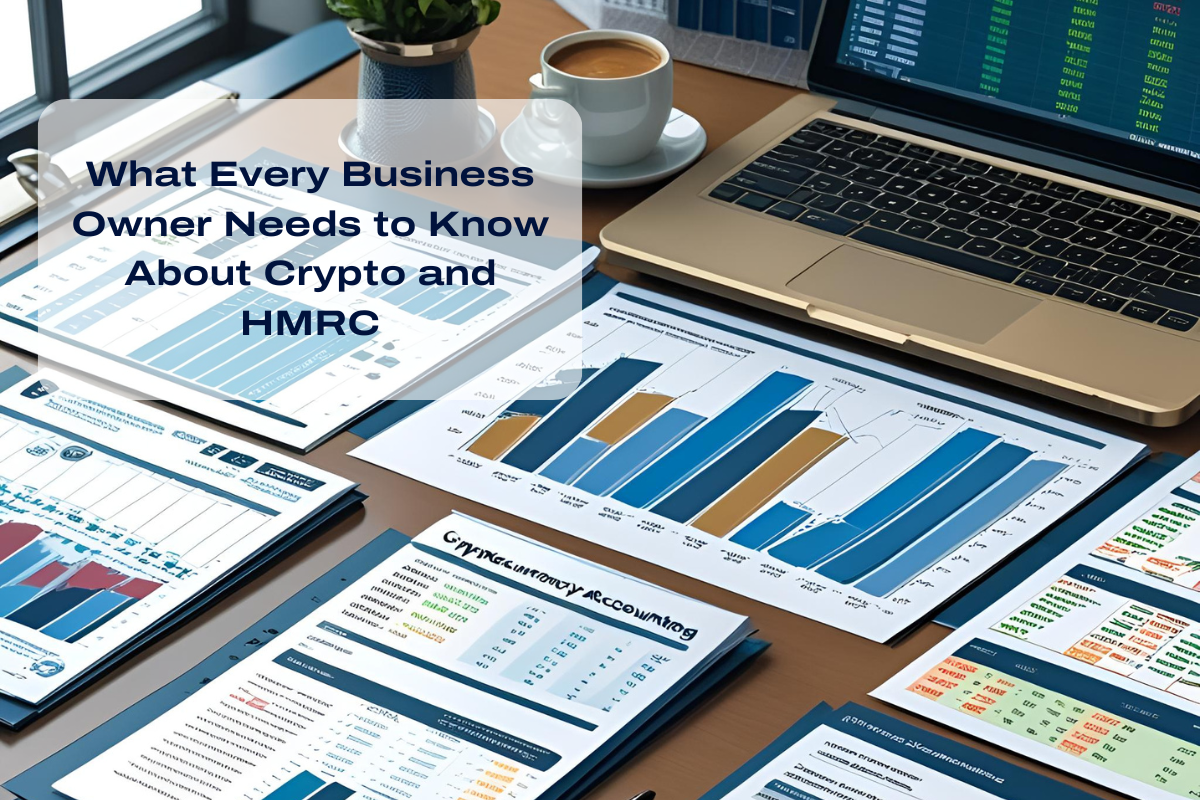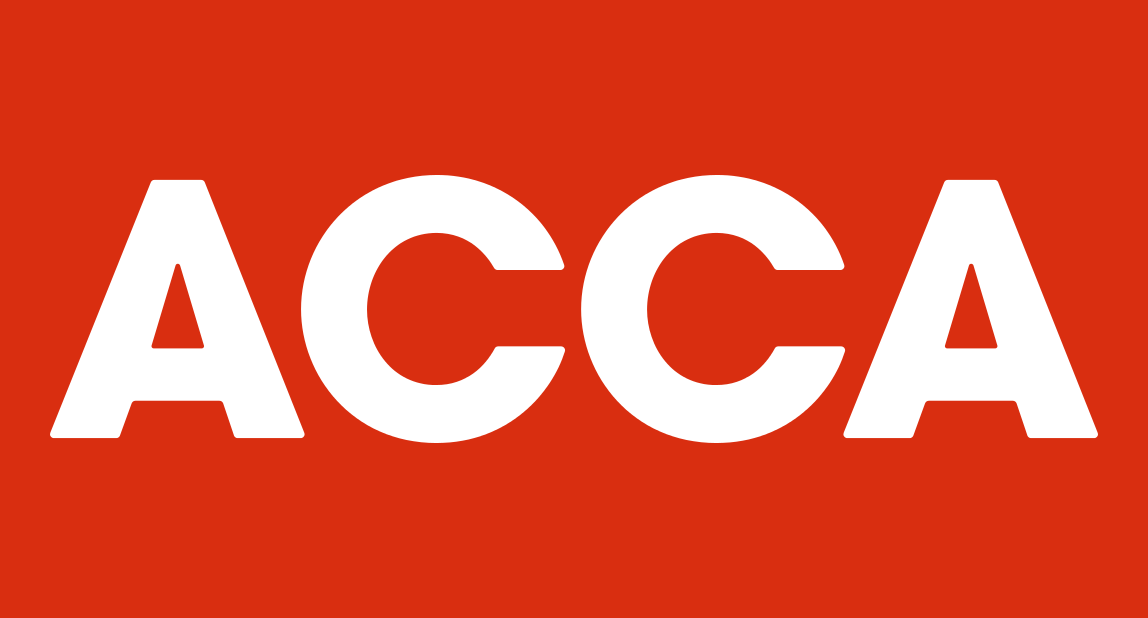Knowledge Portal: Managing Business Finances and more
CHRIS BARNARD August 30, 2023
Do you need advice on tax on cryptocurrency? It’s best to be aware of your tax liabilities sooner rather than later, because the penalties for not doing so can add up quickly.
With cryptocurrency transactions, tax rules can get slightly complicated, and you could incur several different liabilities, like income and corporation tax, stamp duties and – depending on transaction types – VAT. Your classification as a business or individual will define how you pay tax, and how much.
How it works: Are you a business or an individual?
HMRC may treat you as a business rather than an individual if your activity level is comparable to a company’s. How does HMRC determine whether you qualify as a crypto trader? This will depend on factors including:
- The number and frequency of transactions
- Your organisation
- Your risk level
- The time you devote to the activity
- The length of time you hold instruments - whether they’re bought and sold within minutes or retained for longer
Mining cryptocurrency as a business
If mining is classified as a business based on those criteria, any resulting income will be added to your trading profits and be subject to income tax. Fees or rewards for any staking activity will also get added, although reasonable expenses will be deductible.
Remember, while disposing of mined cryptocurrency, any gain in value from the time of acquisition will be added to trading profits. You’ll also have to pay National Insurance contributions for such a transaction.
Tax on Staking or Lending as a Business
This is a grey area because there’s no reporting guidance from HMRC. The best approach is to declare this in the same way as you would mining. If you received payment in a cryptocurrency, you’d need to calculate the fair market value of the coins based on when you received them.
What is a disposal for capital gains purposes?
If you are classed as an individual and hold cryptocurrency as an investment, you’ll be liable to pay capital gains tax upon disposal. “Disposal” has been defined by HMRC as:
- Selling crypto assets for money
- Exchanging crypto assets for a different type of crypto asset
- Using crypto assets to pay for goods or services
- Giving away crypto assets to another person
Naturally, the amount of capital gains will be the difference between the sales proceeds from the disposal and the crypto asset’s acquisition cost – the sale price minus the buying price.
How much tax do you have to pay on cryptocurrency?
This depends on your income tax bracket:
- If you’re a higher or additional rate taxpayer, your capital gains tax rate will be 20%
- If you’re a basic rate taxpayer, your rate will depend on your taxable income and the size of the gain (after any allowances are deducted)
Be aware of same-day and bed-and-breakfasting rules
The Same-day and 30-day rules that apply to shares also come into play with cryptocurrency. That’s to prevent wash sales, which basically means selling crypto and repurchasing it in an attempt to reduce your tax bill.
- Same-day rule: Let’s say you sell a cryptocurrency and buy another of the same kind on the same day. In that case, the cost basis for your sale will be the acquisition cost of the crypto you purchased that day. Remember that will still be the case, even if the acquisition happens before the sale, as long as both transactions happen on the same day,
- 30-day rule: This is similar, but the timeline changes and any crypto you acquire within 30 days of a sale will be used to calculate its cost basis.
The rules are there to ensure you don’t sell your holdings at the end of the tax year, just to create losses that you can write off before repurchasing your holdings immediately.
Trading one cryptocurrency for another
HMRC makes it clear this constitutes a taxable event. That means you’re basically disposing of one asset that’s subject to capital gains tax and then acquiring another. The market value of the crypto you receive is considered as the sale price for that transaction. If this crypto cannot be valued for some reason, you can still use the market value of the crypto you sold.
Paying for goods or services with cryptocurrency
From an HMRC perspective, using crypto to pay for goods or services is the same as selling crypto, so it’s subject to capital gains tax. Remember, though, the market value of the crypto you use to pay for something will be counted as the sales proceeds.
Moving crypto between your own wallets or accounts
While there’s no tax liability created when you move crypto between your own wallets, it’s important to remember you still need to keep track of such movements. If you don’t, HMRC might assume they’re disposals and tax them.
Tax on ICOs or IEOs
Initial Coin Offerings (ICOs) or Initial Exchange Offerings (IEOs) refer to the practice of purchasing tokens or coins in a yet-to-be-released cryptocurrency or company. In such a case, investors pay for the new token using existing cryptocurrencies like Bitcoin or Ethereum.
So it works like a crypto-to-crypto exchange. You’ll have to pay capital gains tax on the crypto you exchange for the ICO token. The “sale proceeds” here will be the market value of the existing crypto – not the new token – on the date that the exchange took place. In addition to that, this same market value will also serve as the cost basis for the new token you receive from the ICO, which you can use to calculate pooled costs.
How to minimise your tax burden
You can still protect yourself from unnecessary tax liabilities if you pay close attention to the rules around tax on cryptocurrency in the UK. This is a guide on what you can and can’t claim.
1/ Make use of your annual capital gains tax allowance
Don’t forget about your allowance. Capital gains tax has to be paid only if you made more than £12,300 (in 2020-21) in profits. Work out your capital gains, and if the result is below the limit, you don’t need to pay any CGT.
2/ Offset your crypto losses
If you sell cryptocurrency for less than the cost basis, you create a capital loss. That loss can be offset against any overall gains, but you’ll need to report it to HMRC first. Losses can be notified by letter or on your tax return. Capital losses can be claimed any time within four years, starting from the end of the tax year in which they occurred.
If the disposal of the crypto is to a connected person, the actual sales price is not considered the same as the sales proceeds, and the market value of the crypto on the date of the transaction is used instead.
3/ Claiming losses for defunct coins
When crypto-assets are subject to wild fluctuation, it’s not unusual for someone to own currency that’s become worthless or of negligible value. In such a case, the owner can file a negligible value claim. In doing so, the crypto assets are treated the same way as when they’ve been disposed of, then re-acquired for the amount stated in the claim. That allows you to write off a major loss for an asset that is now illiquid.
4/ Leveraging deductible costs
When calculating a gain or loss, there are certain allowable costs you can deduct from the sales proceeds:
- The consideration (in GBP) originally paid to acquire the crypto asset
- The transaction fees paid before the transaction was added to a Blockchain
- Any exchange fees related to trades
- Professional costs for drawing up the contract for acquisition and disposal
- Costs related to advertising for a purchaser or vendor
- Costs of making an apportionment or valuation to calculate gains or losses
The following costs are not allowable for capital gains tax purposes:
- Any costs that have already been deducted against profits for income tax
- The costs of mining activities, such as electricity and equipment
Final thoughts
It’s well worth noting that in a case where mining is a business activity, the crypto assets will form part of trading stock. If the assets are transferred out of trading stock, the business will be treated as if they bought the crypto at the trading accounts’ value. That value can then be used as an allowable cost upon disposal.
If you are cryptocurrency trading as a business or as an individual and need advice, get in touch with us.
FAQs on Crypto Tax in the UK
Do I have to pay tax on cryptocurrency in the UK?
Yes, HMRC treats cryptocurrency as an
asset, not currency. You’ll need to pay tax when you dispose of it by selling, swapping, or gifting, depending on whether your activity is classed as investment or trading.
What type of tax applies to cryptocurrency?
If you’re investing, you’ll usually pay
Capital Gains Tax (CGT) on profits when you sell or exchange crypto. If you’re trading, mining, staking, or receiving crypto as payment, your earnings may fall under
Income Tax or
Corporation Tax.
Do I have to pay tax just for holding crypto?
No, simply holding crypto does not create a tax liability. Tax applies only when you dispose of crypto or receive it as income through mining, staking, or similar activities.
How is crypto from mining or staking taxed?
Crypto received from mining or staking is treated as
taxable income at its market value when you receive it. If the same assets are later sold, any change in value is subject to
Capital Gains Tax.
What records should I keep for HMRC?
You must maintain detailed records for each transaction, including dates, types, GBP values, wallet addresses, and transaction IDs. HMRC can request this information during a compliance check.
Can Collective Concepts Accounting help me manage crypto tax?
Yes, we can help you classify and report your crypto activity correctly, calculate your gains and losses, and ensure you remain fully compliant with HMRC’s evolving guidance on cryptocurrency.














